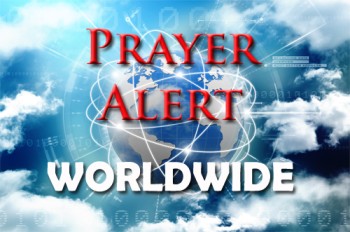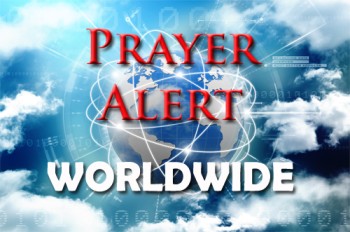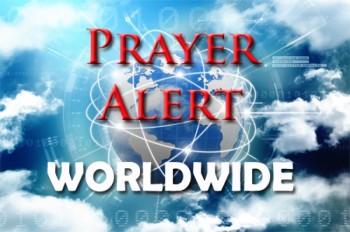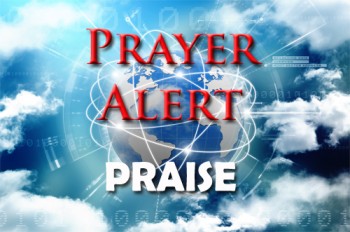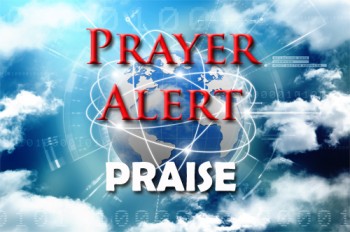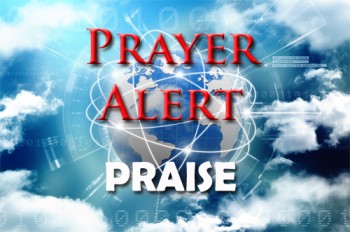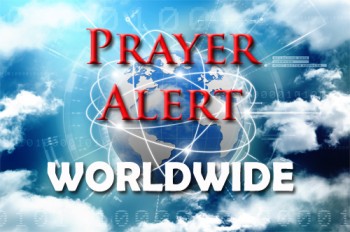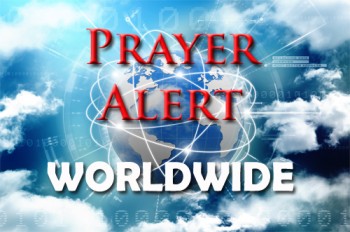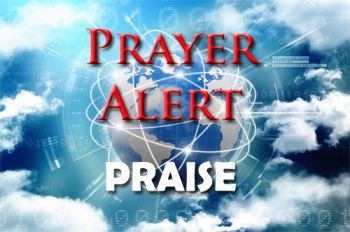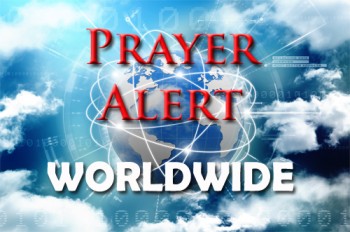Displaying items by tag: Ghana
Ghana: ‘crown jewels’ to be loaned by UK
The UK is sending 32 significant artefacts, including a gold peace pipe, to Ghana on long-term loan, 150 years after they were looted from the Asante king's court. 17 pieces are from the Victoria and Albert Museum (V&A), and 15 from the British Museum. The move aims to foster cultural cooperation after years of tension. Some UK museums are legally prohibited from permanently returning contested items, making loans a compromise for repatriation. However, there is a concern that loans imply acceptance of UK ownership. Tristram Hunt, V&A's director, likened the gold court regalia to the UK's Crown Jewels and stressed the importance of fair sharing. The three-year loan agreements, extendable for another three, are with Otumfo Osei Tutu II, the current Asante king, rather than the Ghanaian government. The artefacts will be displayed at his palace in Kumasi, the Asante region's capital, to celebrate his silver jubilee. These gold items are the ultimate symbol of the royal government and are believed to be invested with the spirits of former Asante kings.
Ghana: slavery
Thousands of children are trapped in slavery in Ghana. Families are deceived and children are being trafficked to work in the fishing industry on Lake Volta, living under violent abuse and the threat of drowning. Courage Hope spent five years of his childhood trapped in slavery until a friend, IJM and police brought him to safety. Today, he leads a network of survivors, advocating for an end to child trafficking. Although he still finds it difficult to talk about it, he wants his story to lead to change and is working on an appeal to help stop child trafficking. His experience is a sobering reminder of the reality of child trafficking. But we have a powerful God who is able to work in and through us to bring about miraculous change.
Ghana / Ivory Coast: Marburg virus
Ghana has confirmed two deaths from the Marburg virus, a highly infectious disease in the same family as Ebola. No treatment yet exists for Marburg. Ghana Health officials said 98 people were under quarantine on 19 July. The symptoms of the severe, often fatal illness include headache, fever, muscle pains, vomiting blood and bleeding. Doctors advise drinking plenty of water and treating specific symptoms to improve a patient's chances of survival. The virus is transmitted from fruit bats and spreads between humans through bodily fluids. On 20 July, the Ivory Coast raised a Marburg alert in response to there being a ‘high risk of spreading’ and any suspected cases should be immediately flagged. They want careful sample collection and transit protocols. Also the World Health Organisation said it’s supporting a national investigative team in Ghana, and is also alerting neighbouring countries considered high risk.
Ghana youth survivor network launched
IJM writes, ‘Praise God for the launch of a youth survivor network in Ghana called “My Story Counts”. Made up primarily of children who have survived abuses like trafficking, the group’s goals are to create economic opportunities for survivors, to empower and equip survivors as advocates against child trafficking, to support them in pursuit of justice for themselves and to create a safe space for sharing their stories and recommendations that will improve programmes designed to protect victims.’ Also, ‘Praise God for the opportunity to work alongside the local police to train over 600 officers in Bolivia. Even though Covid has made in-person training challenging, the commitment of the Specialised Police Force Against Violence to protect those who are most vulnerable continues. Our team recently supported them with a successful series of virtual sessions.’
Ghana: life-changing events
Wycliffe Bible Translators are launching New Testaments in three different languages in Ghana over four days, and Christians across the nations can join the dedications live on Facebook. The Tafi, Logba and Nyagbo peoples receive their New Testaments on 25, 27 and 28 February respectively. The events, which start at 10 am each day, are hosted by a local organisation partnered with Wycliffe. You can watch the celebrations at facebook.com/gillbt.org. Also, on 25 February Ghana became the first country to receive a shipment of free Covid vaccine doses. This is a historic step towards an equitable distribution of vaccines to the areas where those most at risk live. It will be the largest vaccine procurement and supply operation in history, which will continue in the coming days and weeks.
Slaves rescued
Recently the Ghana police, working with the department of social welfare and IJM, rescued nine children and arrested five suspects. We are thankful to the resilient and brave team who made this rescue possible. Please pray for further Ghana rescues. Four Filipino children were also rescued thanks to another multi-agency effort led by the Philippines Women and Children Centre. One suspect, believed to be a child’s relative, was arrested. Finally in South Asia ten people, including children, were rescued from bonded labour at a brick kiln.
Ghana: children trapped on Lake Volta
Thousands of children work in Lake Volta’s massive fishing industry: many are slaves. Children as young as 4 are abused and malnourished. Their work is dangerous; drowning and other hazards are a constant threat. Victims rise before dawn to go out and dive down into the dark water to untangle fishing nets. IJM estimates that nearly two-thirds of children working on the Lake are trapped in slavery. Since 2015, 164 victims have been rescued from the lake’s fishing industry, and 31 suspected traffickers have been arrested. Today thousands of children are trapped there. Before the lockdown IJM were about to launch rescues. Pray that these children will be found and saved now that lockdown is lifted. Pray that IJM will be able to access communities and offer support where needed.
Ghana: spiritual warfare
Spiritual warfare and the mission of the church is woven into Pentecostal / charismatic Christianity as a form of pastoral care. Supporters of spiritual warfare call themselves charismatic prophets and create ritual context for dealing with the problems of life related to education, marriage, promotion, etc. Witchcraft, in particular, may be blamed for both personal and communal problems. It is not uncommon for Ghanaians to explain alcoholism as the result of the wickedness of family witches who seek to bring victims to ruin. Mental health and human reproductive problems are similarly explained as the work of evil spirits. In Pentecostal traditions, unless deliverance occurs through warfare prayers, the influences of evil are believed to continue until people’s lives are completely wrecked. This teaching does not call for ‘victims’ to be personally responsible for their actions.
Ghana: a step towards ending slavery
Thousands of children aged between three and seventeen live in slavery on Lake Volta, working up to 18 hours a day in the fishing industry. They are paid in daily abuse and threats, and the only way out is to drown or be rescued. Praise God for two convictions when the accused men pleaded guilty to human trafficking. One of them, who used the children for labour on his fishing boat, must also pay a fine or spend an additional year to the five-year sentence if unable to pay. While IJM has previously seen convictions for child labour in Ghana, these are their first for human trafficking, and a significant step toward ending slavery in the fishing industry.
Widespread persecution of journalists
The risks journalists take when reporting on corruption continue. Ahmed Hussein-Suale, an undercover journalist working on an investigation with the BBC about corruption in Ghana’s football leagues, was shot and killed after a politician called for retribution against him. In Turkey, journalist Pelin Ünker was found guilty of ‘defamation and insult’ and sentenced to thirteen months in jail for her work on the Paradise Papers investigation into offshore tax havens. Turkey has the world’s worst record for jailing journalists - 68 in prison at the end of 2018, all of them facing charges of crimes against the state. Journalists play a vital role in exposing the corrupt and their methods; but they face threats, violence, arrest, and death as a result. Since 2017, over 190 journalists have been incarcerated worldwide for reporting on corruption. See also
